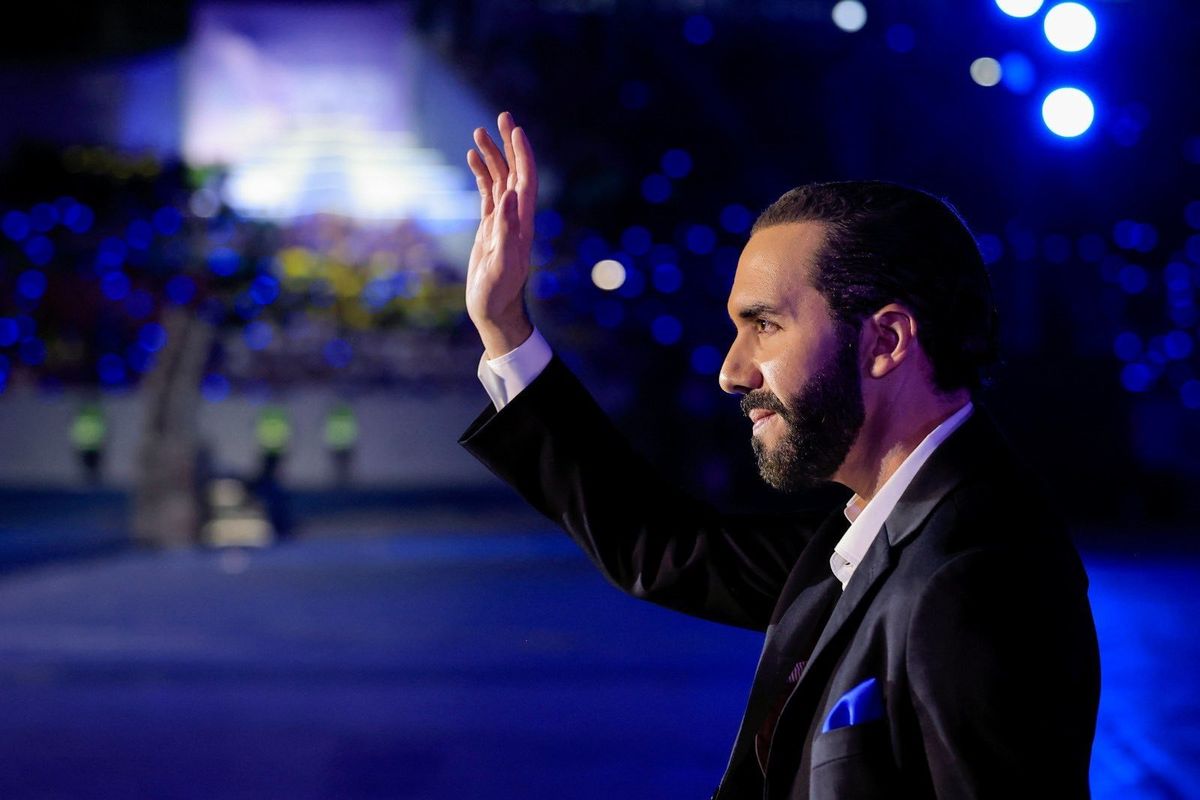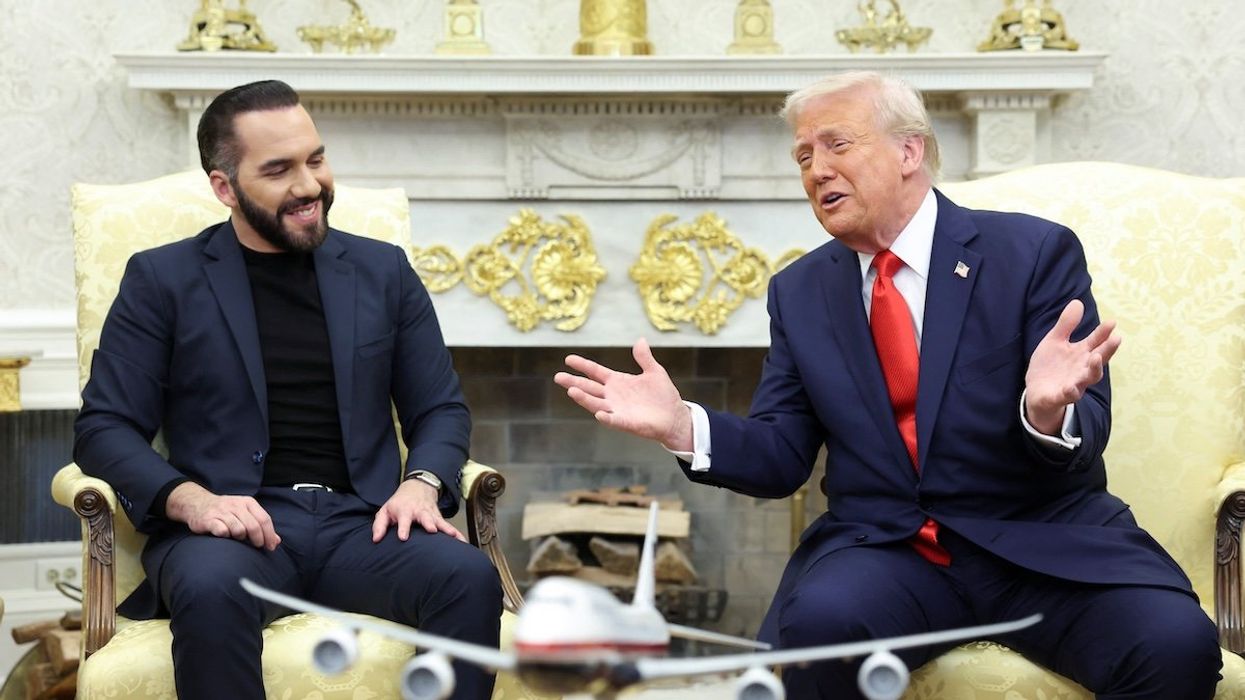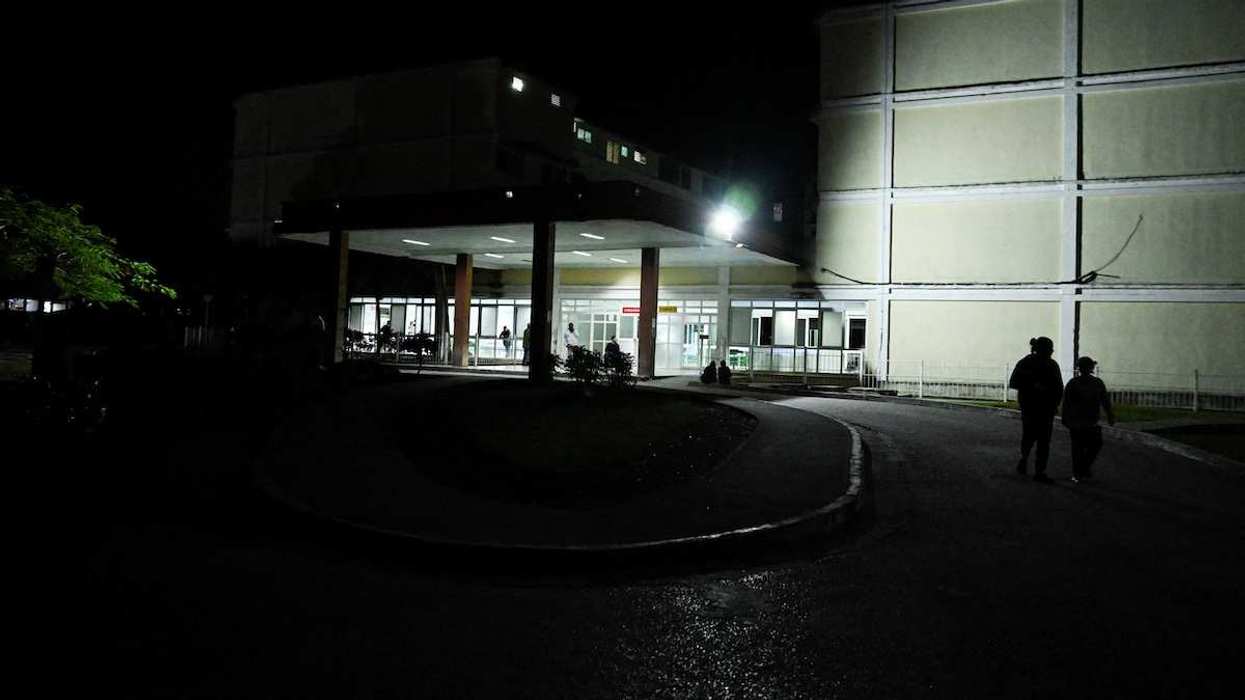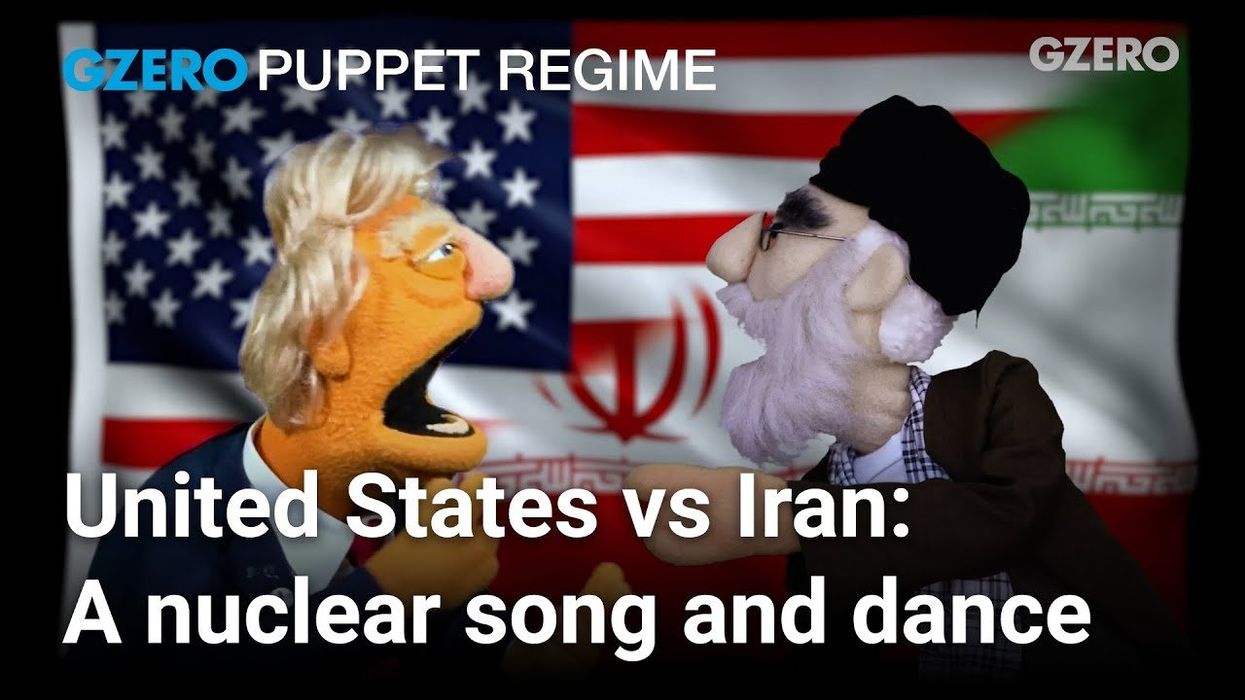Nayib Bukele, the strongman president of El Salvador, certainly has his critics. He’s angered human rights activists with his sledgehammer crackdown on gang violence. He has antagonized the opposition by using the military to intimidate Congress and appointing judges who helped him wriggle out of term limits. Even the US has warned the youthful and irreverent Bukele about undermining his country’s fragile democracy.
And yet … Bukele enjoys a staggering 91% approval rating among ordinary Salvadorans, who see his strongman tactics as the price to pay for safer streets in one of the world’s most violent countries. The official homicide rate has fallen by half over the past year.
Now add one more group to the Bukele fan club: bond investors. The country’s sovereign debt is delivering 60% returns in 2023, the best performer in the world.
A year ago, by contrast, Salvadoran bonds were worth barely a quarter of their face value, as Bukele’s bet on bitcoin went up in smoke, he was unable to agree to terms for a badly needed IMF bailout, and markets worried about default. Since then, Bukele has calmed Wall Street by twice buying back huge tranches of El Salvador’s outstanding debt, and by appointing an ex-IMF official as one of his top advisers.
Whether his authoritarian streak will have longer-term negative consequences for El Salvador’s politics and civil society remains to be seen – but for now, Wall Street is betting big on Bukele.



















